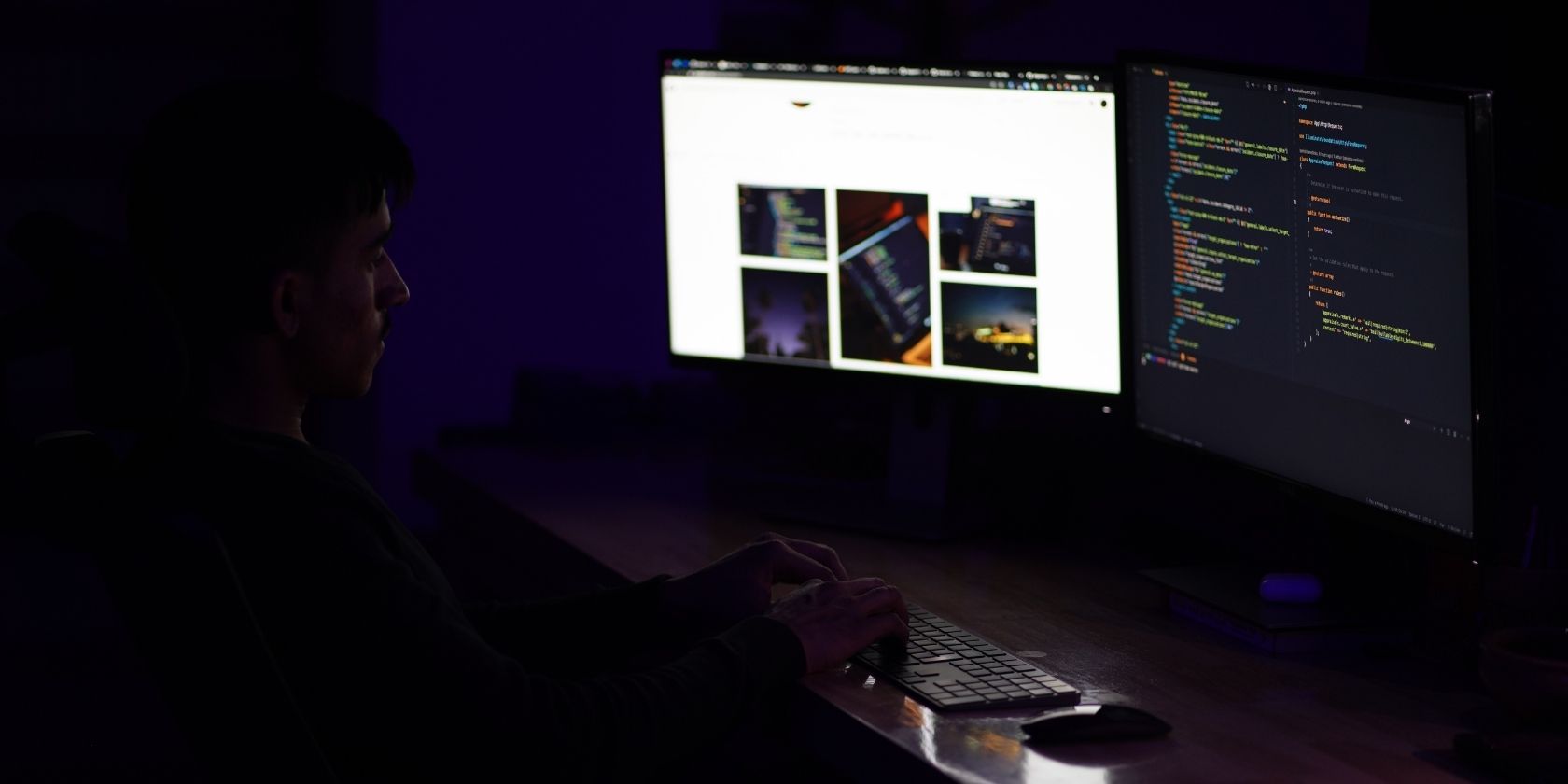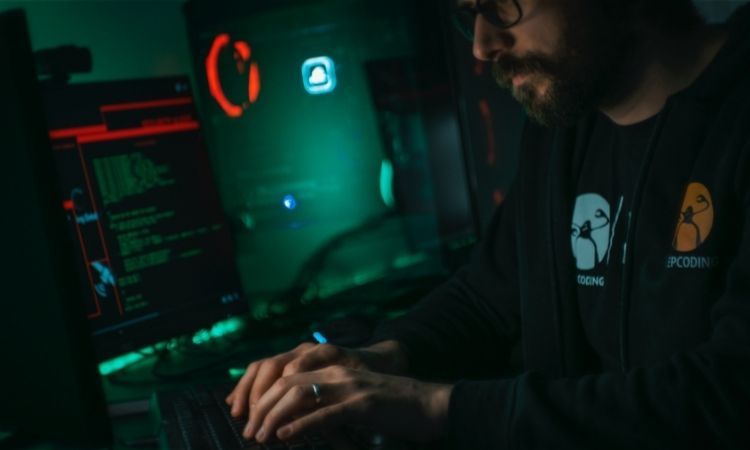In today’s highly digital and connected world, it’s increasingly crucial to safeguard against cyberattacks. One of the ways to do that involves letting ethical hackers show their skills in live hacking events. Here’s a closer look at how these efforts work.
So what is live hacking? How does it work?
What Is Ethical Hacking?
Ethical hacking, or white-hat hacking, occurs when cybersecurity representatives get permission to try and break into online infrastructure or a connected device, then look for vulnerabilities to exploit.
Participating parties operate under the direction of their clients, and they compile data to later include on a scorecard. It breaks down the client’s performance and recommends what to do to prevent malicious attacks.
What Is Live Hacking?
Live hacking events task participants with discovering vulnerabilities and performing specific actions that help them earn points, usually while working in teams. These gatherings happen in person or online, and they require people to work fast and under pressure to uncover a system’s issues.
Decision-makers at many of the world’s leading tech brands often view such competitions as critical for preserving their reputations and bottom lines. That’s because these gatherings of ethical hackers can expose severe cybersecurity problems before apps, websites, and connected products have widespread releases.
For example, in 2019, Ericsson gave more than 80 ethical hackers from 10 countries one day to find security issues with its new 5G equipment. Participants looked for problems with products already on the market and items not yet released. They received cash prizes based on their outcomes.
How Do Live Hacking Games Work?
People who study learning often conclude that gamification is an excellent way to increase engagement. For example, the popular language-learning app Duolingo gives people points when they complete learning modules and encourages them to earn at least a specific number of them per day.
However, gamification also applies to live hacking gatherings or other kinds of events. Take, for instance, if a person earned points for networking with other cybersecurity enthusiasts; that approach reduces the awkwardness when meeting new people, especially if the event happens in a virtual setting.
Other points-earning opportunities could include registering for the hacking competition and showing up on the event day. That’s all before the main action begins.
Dr. Alexandros Kapravelos is an assistant professor of computer science at NC State and the faculty advisor of HackPack, the university’s student hacking and cybersecurity club. He explained how his organization applies gamification to hacking competitions:
“[We host] security competitions that have been designed to pretty much gamify hacking and provide a series of different security challenges where the students basically have to craft novel attacks against the systems, hack into them, gain some information, and gain points in the game.”
What Are the Benefits of Live Hacking?
Cybersecurity suffers from a skills shortage. A 2021 study found that 95 percent of responding organizations said the problem had not improved over the past several years.
Then 44 percent believed the issue had worsened. Moreover, 62 percent of those polled said the shortage caused a heavier workload for cybersecurity team members, and 38 percent reported it resulted in unfilled positions.
Live hacking events alone are not the solution to the skills crisis. However, they could be crucial in getting people interested in cybersecurity and giving them fun ways to sharpen their skills and attract attention from potential employers.
In one case, Trend Micro and Tesla co-sponsored a hacking event where participants competed for prize tiers as they tried to break into a Tesla Model 3’s connected systems. More complex hacks earned people bigger cash prizes and even cars.
Ethical hacking is also a career-building hobby that makes cybersecurity enthusiasts more prepared for the job market.
And it has similar benefits for companies that may not have large in-house cybersecurity teams. For example, Bug Crowd hosts its Bug Bash live hacking events that reportedly generate 80 to 100 vulnerability reports per day, with three-quarters of them representing valid problems.
Live Hacking Is Mutually Beneficial
People who don’t know the definition of live hacking may think it sounds like something scary. However, it helps ethical hackers continually improve their skills while giving companies relevant resources for curbing future cyberattacks.
Whether you have a passion for cybersecurity or work for a company where leaders want to improve the organization’s cyber resilience, live hacking can help.



